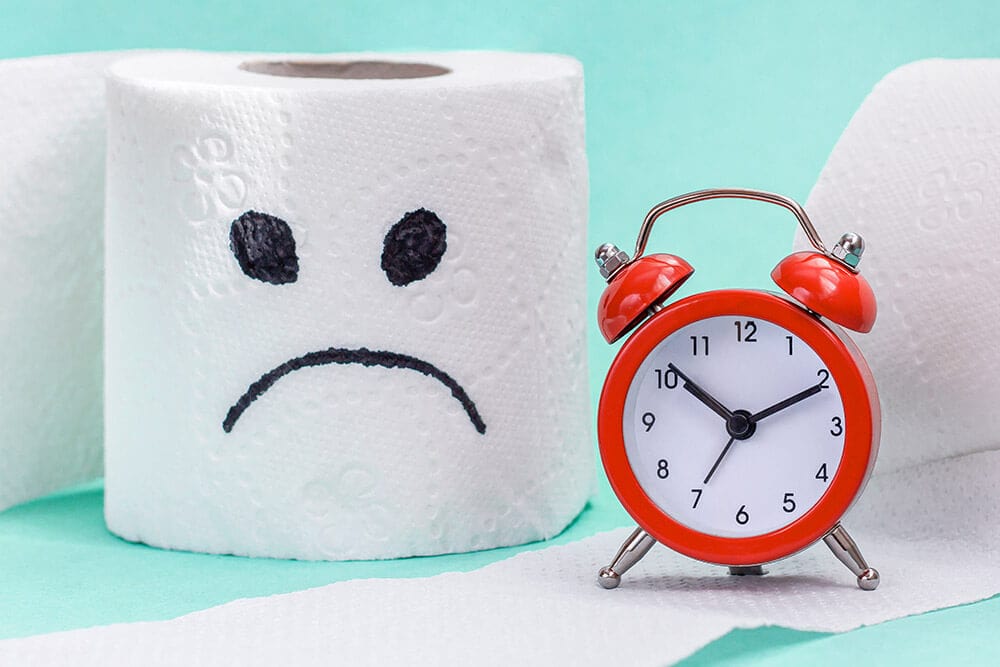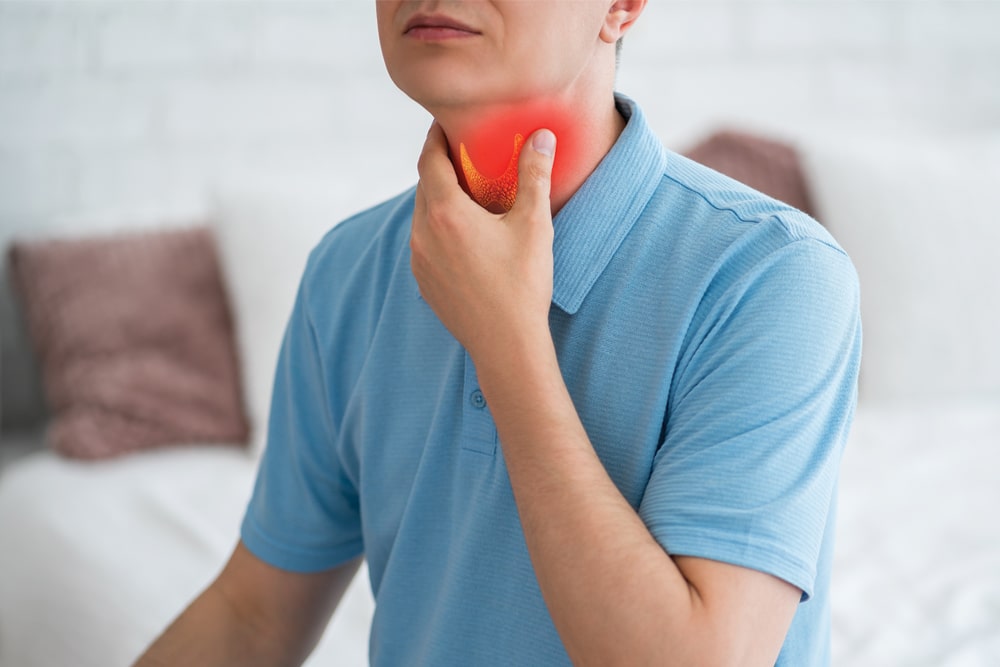What Is Adenocarcinoma?
Adenocarcinoma is a type of cancer that originates in glandular cells'those that produce mucus or other fluids. It can develop in various organs such as the lungs, colon, pancreas, and prostate. When these cells begin to grow uncontrollably, they form malignant tumors.
Common Causes and Risk Factors
- Smoking and exposure to air pollution (risk for lung adenocarcinoma)
- Diets high in red or processed meats (risk for colorectal adenocarcinoma)
- Family history of cancer or inherited genetic mutations
- Chronic inflammation (for example, Barrett's esophagus in esophageal adenocarcinoma)
- Obesity and metabolic disorders (linked to pancreatic adenocarcinoma)
- Age over 50 and male gender in certain organ sites
Signs and Symptoms
- Persistent cough or chest pain (lung adenocarcinoma)
- Blood in sputum or shortness of breath
- Blood in stool or changes in bowel habits (colorectal adenocarcinoma)
- Unexplained weight loss and fatigue
- Abdominal pain, bloating, or difficulty swallowing
- Jaundice or changes in liver enzymes (pancreatic or biliary adenocarcinoma)
How Dr. Rishi Diagnoses Adenocarcinoma?
Dr. Chadha uses a step-by-step approach:
Medical History and Physical Exam
He reviews your personal and family medical history, symptoms (like cough, weight changes or abdominal pain), lifestyle factors and any inherited risks.
Imaging Studies
- Chest X-ray or abdominal ultrasound to spot obvious masses.
- CT scan for detailed cross-sectional images of lungs, colon, pancreas or prostate.
- PET-CT to assess metabolic activity and detect any spread to lymph nodes or distant organs.
Endoscopy and Biopsy
Depending on the tumor location, he performs bronchoscopy, colonoscopy or endoscopic ultrasound to visualize lesions and obtain tissue samples for histologic confirmation.
Laboratory & Molecular Testing
Pathology analysis classifies the adenocarcinoma subtype. Advanced molecular profiling (EGFR, KRAS, ALK, MSI) and special stains identify rare forms'such as signet ring cell adenocarcinoma to guide targeted therapies.
Frequently Asked Questions
What is adenocarcinoma cancer?
Adenocarcinoma is a type of cancer that starts in glandular (mucus- or fluid-producing) cells, often occurring in the lungs, colon, pancreas, or prostate.
Can lung adenocarcinoma be cured?
When detected early, lung adenocarcinoma can often be cured with surgery and targeted treatments, sometimes combined with chemotherapy or immunotherapy.
What is the ICD-10 code for rectal adenocarcinoma?
The ICD-10 code for primary malignant neoplasm of the rectum (including rectal adenocarcinoma) is C20.
What is signet ring cell adenocarcinoma?
Signet ring cell adenocarcinoma is a rare, aggressive subtype in which cancer cells contain large mucin vacuoles that push the nucleus to one side, resembling a signet ring.
Can a healthy diet prevent adenocarcinoma?
While a diet rich in fruits, vegetables, and whole grains can lower your risk, it cannot completely prevent adenocarcinoma. Regular screening and healthy lifestyle habits help most.
How long is recovery after minimally invasive surgery?
Most patients go home within 1-3 days after laparoscopic or robotic surgery and fully recover in about 2-4 weeks, depending on individual health factors.
How is lung adenocarcinoma diagnosed?
Diagnosis typically involves chest imaging (CT or PET scans) followed by a tissue biopsy, often obtained via bronchoscopy or needle biopsy, to confirm cancer type.
Can I get a second opinion from Dr. Chadha?
Yes. Many Houston patients consult with Dr. Chadha for a second opinion before starting treatment to ensure they have the most comprehensive care plan.
What are the side effects of chemotherapy?
Chemotherapy may cause fatigue, nausea, hair loss, and lowered blood counts. Our team provides supportive therapies to manage these side effects.
When should I see a specialist?
If you experience a persistent cough, unexplained weight loss, blood in your stool, or any other concerning symptom, schedule an evaluation with a specialist right away.











